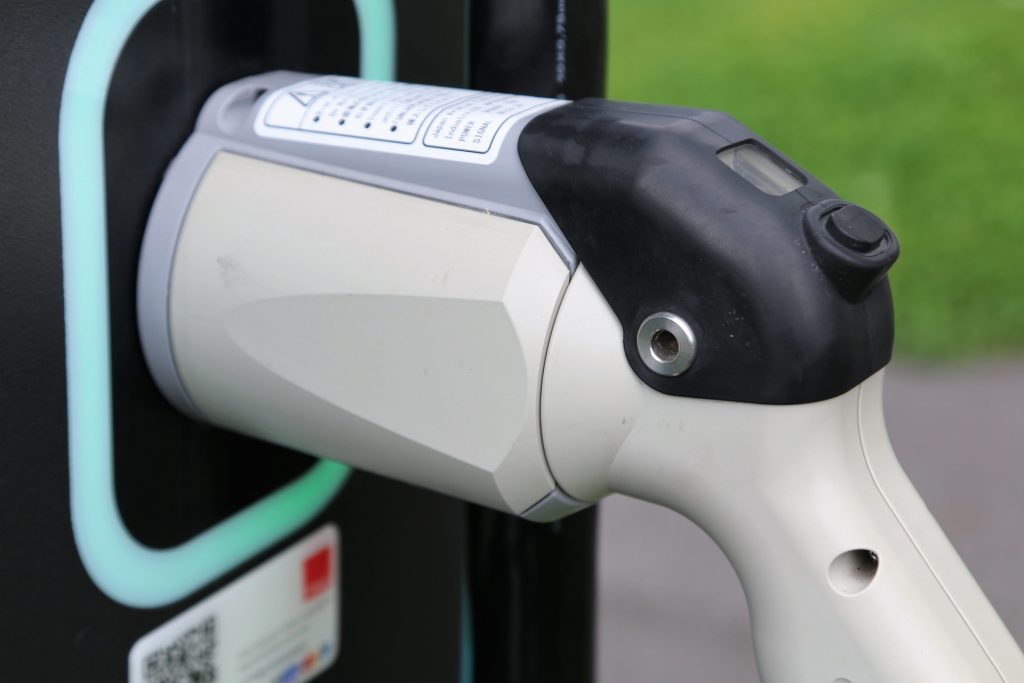The cost of rapidly charging an electric car has risen sharply as energy costs soar, the RAC has said.
However, electric car charging still remains cheaper than petrol and diesel, the motoring organisation said.
Rises in electricity and gas prices, in part since Russia’s invasion of Ukraine, are behind the increased charging costs.
But fuel prices have gone up more quickly as crude oil suppliers struggle to meet demand.
The price of charging an electric car on a pay-as-you-go, non-subscription basis at a publicly accessible rapid charger has increased by 21% over the last nine months, the RAC said.
Even charging at home has been getting more expensive as energy bills spiral upwards.
The cost of the electricity used to power electric vehicles varies according to the household tariff the customer is on.
But both rapid charging and home charging are still less expensive than petrol or diesel per mile.
Electric vehicle (EV) charging is nearly half the cost per mile compared to filling a family car with petrol, the motoring organisation said.
The average cost of a litre of petrol has increased by 25% since last September, and diesel by 30%, according to the RAC.
This month diesel prices rose to a record of more than £1.80 a litre.
The RAC said the most affordable way of charging an electric car is from home, where overnight electricity rates can be much lower than their public charger counterparts.
According to the AA motoring group, some EV car owners use tariffs as low as 4.5p per kilowatt hour during off-peak times when charging at home.
In addition, it said charging from lampposts is 46% cheaper than on-the-road rapid charging.
But it said this option is only available in some parts of the country at the moment.
“Sadly just 87 councils out of almost 400 across the UK have applied for the on-street residential chargepoint grant since 2017,” said Jack Cousins, head of road policy at the AA.
“This needs to dramatically improve so that EV drivers across the country have access to good, local chargepoints,” he said.
